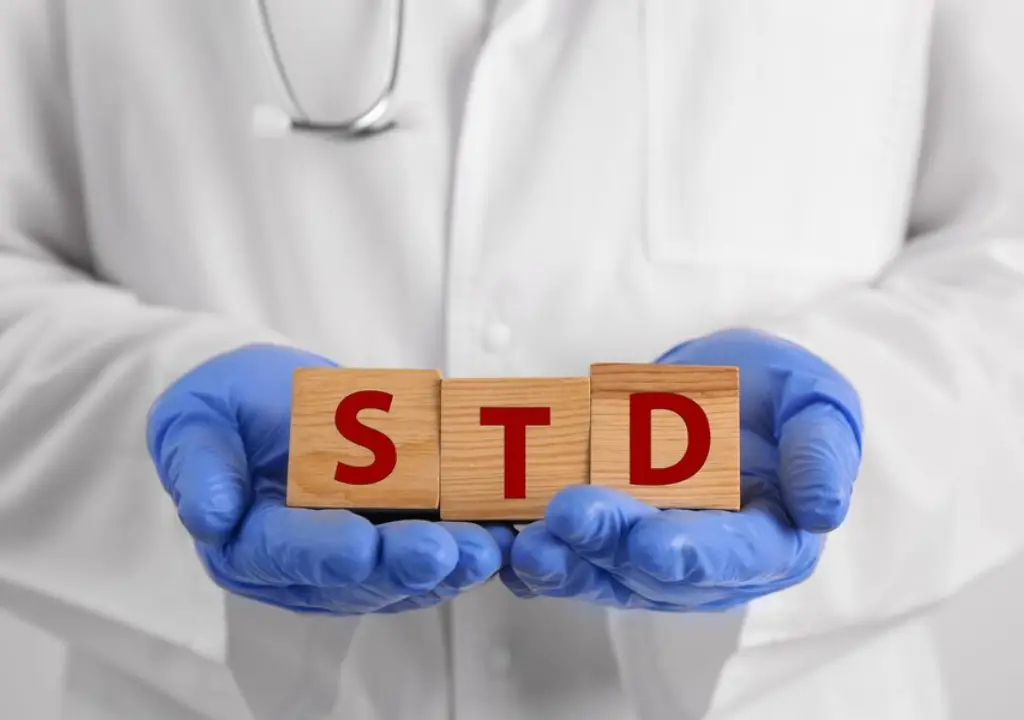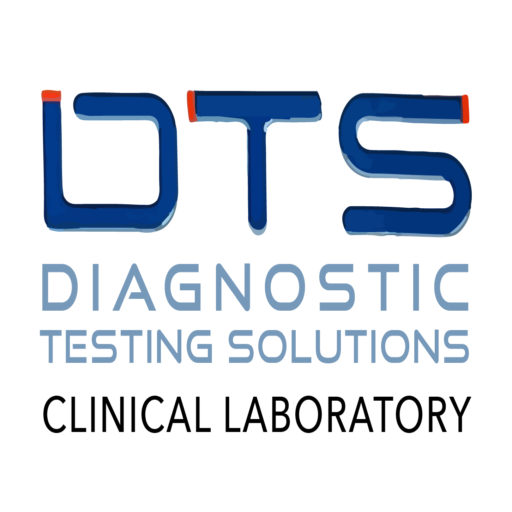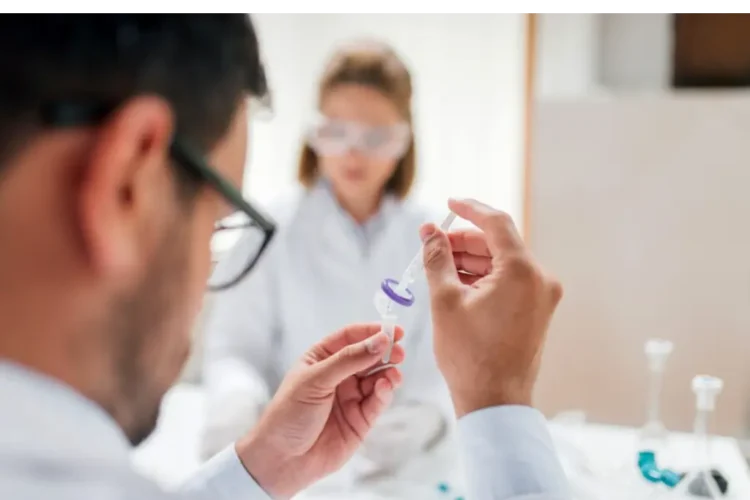
Sexual health is an essential part of overall well-being, and routine STD (Sexually Transmitted Disease) testing plays a crucial role in maintaining it. Millions of people are affected by sexually transmitted infections (STIs) worldwide, often without showing any symptoms. Regular STD testing helps in early detection and treatment, preventing further health complications and reducing the spread of infections.
What is STD Testing?
STD testing refers to the medical procedures used to detect infections that are transmitted through sexual contact, commonly referred to as sexually transmitted infections (STIs). These tests are designed to identify infections such as HIV, chlamydia, gonorrhea, syphilis, hepatitis B and C, and others. Testing methods vary, including blood tests, urine samples, and genital swabs.
Routine STD testing is important for sexually active individuals, even if they do not show symptoms. It ensures the early detection of infections, which can be treated before leading to severe health issues. It helps stop the spread of these infections to others.
Common Types of STDs Detected Through Testing
STD testing can detect a variety of infections. Some of the most common ones include:
- Chlamydia: A bacterial infection often without symptoms but can lead to infertility if untreated.
- Gonorrhea: Another bacterial infection affecting the genital tract, mouth, or rectum.
- Syphilis: A bacterial infection that progresses through stages and can cause serious health issues if left untreated.
- HIV: The virus that weakens the immune system and can lead to AIDS.
- Genital Herpes: A viral infection that causes painful sores in the genital area.
- Hepatitis B and C: Viral infections that affect the liver.
- Trichomoniasis: A parasitic infection that often shows no symptoms but can lead to discomfort and reproductive issues.
- Human papillomavirus (HPV): A viral infection that can lead to genital warts and is linked to cervical cancer.
Why STD Testing is Important for Your Health
There are many reasons why regular STD testing is critical, especially if you are sexually active. Testing helps in early detection, allowing you to seek prompt treatment and reducing the chances of long-term complications. Even if you feel healthy, regular testing can protect you and your partner from hidden infections that can have serious consequences.
Early Detection and Treatment
Many STIs, such as chlamydia and gonorrhea, often show no symptoms, which makes it easy to unknowingly pass them to others. Without treatment, these infections can lead to severe health issues such as pelvic inflammatory disease (PID) in women and infertility in both men and women. Early detection through testing ensures that these infections are treated before they cause long-term harm.
The importance of repeat STD testing after treatment cannot be overstated. In some cases, reinfection can occur, or the initial treatment may not completely clear the infection. Retesting helps ensure the infection is fully resolved and prevents further transmission to your partners.
Preventing the Spread of Infections
Testing is essential for controlling the spread of STIs. If you test positive, you can take steps to protect your sexual partners, such as using condoms or abstaining from sex during treatment. By getting tested regularly, you reduce the transmission of STIs within the community.
Maintaining Overall Sexual Health
Beyond preventing the immediate spread of infections, regular STD testing helps you stay informed about your sexual health. Knowing your STD status allows you to make informed decisions about sexual activity, ensuring both your well-being and that of your partner.
Types of STD Tests
Different STIs require different testing methods. Here are the most common types of STD tests and what they detect:
Blood Tests
Blood tests are used to detect viral infections such as:
- HIV: Blood tests can detect the virus or the antibodies your body produces in response to HIV.
- Syphilis: A blood test can detect the presence of syphilis bacteria at any stage of infection.
- Hepatitis B and C: Blood tests identify the presence of the virus and help monitor the progression of liver disease.
Urine Tests
A simple urine test is commonly used to detect bacterial infections such as:
- Chlamydia
- Gonorrhea
These tests are non-invasive and can quickly determine if you have an STI.
Genital and Oral Swabs
Genital and oral swabs are used to collect samples from areas of the body where STIs are most likely to be found, such as the genitals, throat, or rectum. These swabs help detect:
- Chlamydia
- Gonorrhea
- Genital Herpes
- Human papillomavirus (HPV)
Swab testing is particularly useful for STIs that affect specific areas of the body.
How STD Testing Works
The process of STD testing can vary depending on the type of infection you’re being tested for. However, most tests follow a similar procedure:
Step-by-Step Process of STD Testing
- Initial Consultation: A healthcare provider will ask you about your sexual history and any symptoms you may have experienced. This helps determine which tests you need.
- Sample Collection: Based on the test, you’ll provide a sample of blood, urine, or a swab from the affected area.
- Laboratory Testing: Your samples are sent to a lab where they are analyzed for specific STIs.
- Receiving Results: Test results are typically available within a few days. Some tests, like rapid HIV tests, can provide results within minutes.
- Follow-Up: If you test positive, the healthcare provider will discuss treatment options. It’s essential to inform your sexual partners so they can also get tested.
At-home STD Testing Kits vs. Clinical Testing
The rise of at-home STD testing kits has made it easier and more convenient for people to get tested in the privacy of their own homes. These kits allow you to collect samples (urine, blood, or swabs) at home and mail them to a laboratory for testing.
Benefits of At-home STD Testing
- Privacy: At-home testing offers a discreet way to get tested without visiting a clinic.
- Convenience: You can collect samples on your own time and send them to a lab for analysis.
- Quick Results: Many at-home kits provide fast results, often within a few days of mailing the sample.
While at-home testing is convenient, clinical testing may be less comprehensive. If you test positive, you’ll need to seek medical care for treatment.
Clinical Testing at STD Testing Clinics
Visiting a clinic for STD testing ensures a more thorough examination. Healthcare providers can offer additional guidance, recommend the appropriate tests, and prescribe treatment if needed. Clinics also provide immediate access to follow-up care, something at-home testing cannot offer.
Cost of STD Testing and Free Testing Options
The cost of STD testing can vary depending on the type of test, location, and whether you have insurance. However, several options make testing affordable or even free for those who need it.
Free STD Testing Clinics
Many organizations, such as Planned Parenthood, offer free or low-cost STD testing services. Local health departments and non-profit organizations may also provide free testing, especially for individuals who cannot afford private healthcare.
Insurance Coverage for STD Testing
Most health insurance plans cover the cost of routine STD screenings, especially for people considered to be at higher risk of infection. It’s important to check with your healthcare provider or insurance company to understand your coverage options.
When Should You Get an STD Test?
Knowing when to get tested is essential for protecting your health. Here are some scenarios when you should consider STD screening:
Routine Screenings
It’s advisable to get tested for STIs regularly if you are sexually active, especially if:
- You’ve had multiple sexual partners.
- You’ve recently started a new relationship.
- You or your partner have had unprotected sex.
- You’re pregnant or planning to become pregnant.
Routine testing ensures that infections are detected early, even if you don’t have symptoms.
Symptoms of STIs
If you notice any of the following symptoms, you should get tested immediately:
- Unusual discharge from the genitals.
- Pain during urination or sex.
- Genital sores, blisters, or bumps.
- Itching or irritation in the genital area.
Even if symptoms seem mild, they could be signs of an underlying infection that requires treatment.
Understanding and Interpreting STD Test Results
After taking the test, you’ll receive your STD test results. Here’s what they mean:
Negative Results
A negative result means no infection was detected. However, it’s important to continue regular screenings, especially if you’re sexually active or have new partners.
Positive Results
A positive result indicates that an infection was detected. Your healthcare provider will explain the next steps, which often include treatment and notifying sexual partners. Many STIs are manageable and curable with the right treatment, reducing the risk of complications.
Conclusion:
Routine STD testing is a crucial step in maintaining not only your own health but also the health of your partners. By getting tested regularly, you can detect infections early, receive timely treatment, and prevent the spread of STIs. Even when symptoms are absent, infections can cause serious long-term complications if left untreated. Making STD testing a priority helps safeguard your reproductive health and ensures peace of mind.
Understanding how STD testing works is essential for anyone taking proactive steps toward their sexual health. Whether you opt for at-home STD testing kits or visit a clinic, the process is straightforward and confidential, making it easier to stay informed about your health. Knowing your status is key to reducing the transmission of STIs in your community. With accessible and often free testing options available, there’s no reason to delay. Protect yourself and your loved ones by committing to regular screenings and open communication about sexual health.
FAQ’s
What is STD testing?
STD testing refers to the medical process of checking for sexually transmitted diseases (STDs) or sexually transmitted infections (STIs). Tests can involve urine samples, blood samples, or swabs from the genital area, depending on the infection being tested for.
Why is STD testing important?
STD testing is crucial because many STDs may not show symptoms but can still be transmitted to partners or cause long-term health issues. Regular testing helps in early detection and treatment, reducing the risk of complications and transmission to others.
What is the most important STD test?
The most important STD test depends on individual risk factors and symptoms. Commonly tested STDs include HIV, chlamydia, gonorrhea, syphilis, and herpes. For a comprehensive approach, it’s best to get tested for multiple STDs, especially if you have multiple partners or engage in high-risk behaviors.
Why is STD testing important for my health?
STD testing is important for maintaining your overall health because untreated STDs can lead to serious health complications, such as infertility, chronic pain, and increased risk of HIV. Early detection allows for timely treatment and helps prevent the spread of infections to others.
What does STD test mean?
An STD test is a diagnostic procedure used to detect the presence of sexually transmitted diseases. It helps determine if an individual has an STD, often before symptoms appear, and is essential for effective treatment and management of these conditions.
What happens if an STD test is positive?
If an STD test is positive, it means the test has detected the presence of an STD. You should consult with a healthcare provider to discuss treatment options. Most STDs can be treated effectively with medication, and your healthcare provider will guide you on the next steps and any necessary follow-up care.
How to test for STD at home?
At-home STD testing kits are available and can be a convenient option. They typically involve collecting a sample, such as urine or a swab, and sending it to a lab for analysis. Results are usually provided online or through a secure app. It’s important to choose a reputable service and follow the instructions carefully.






